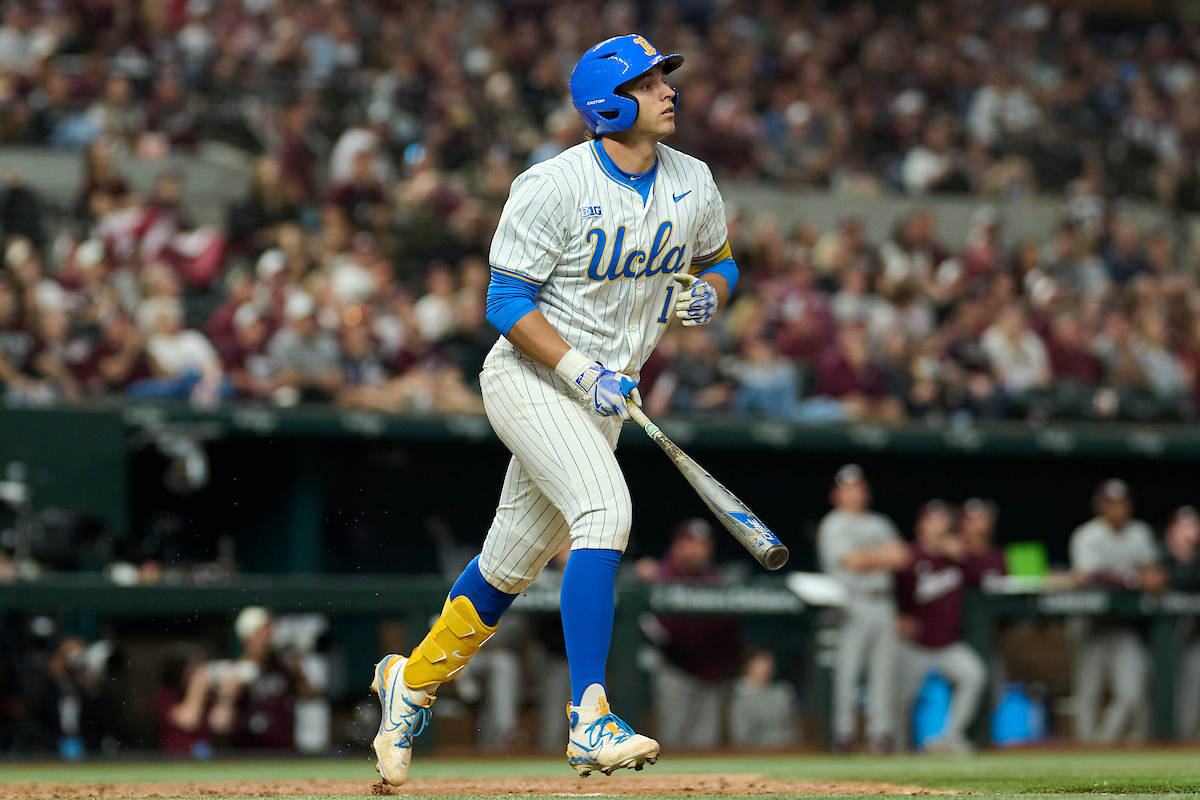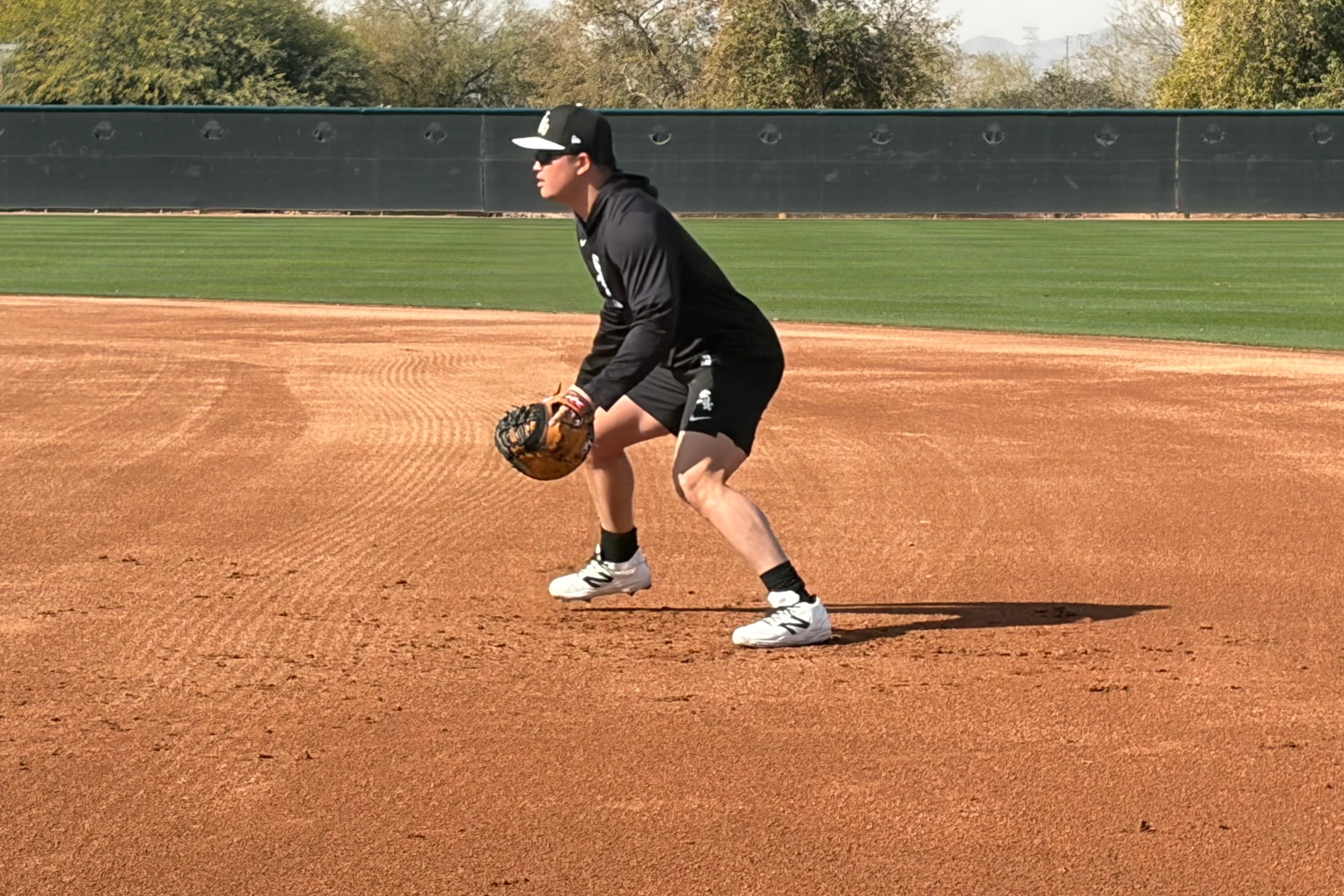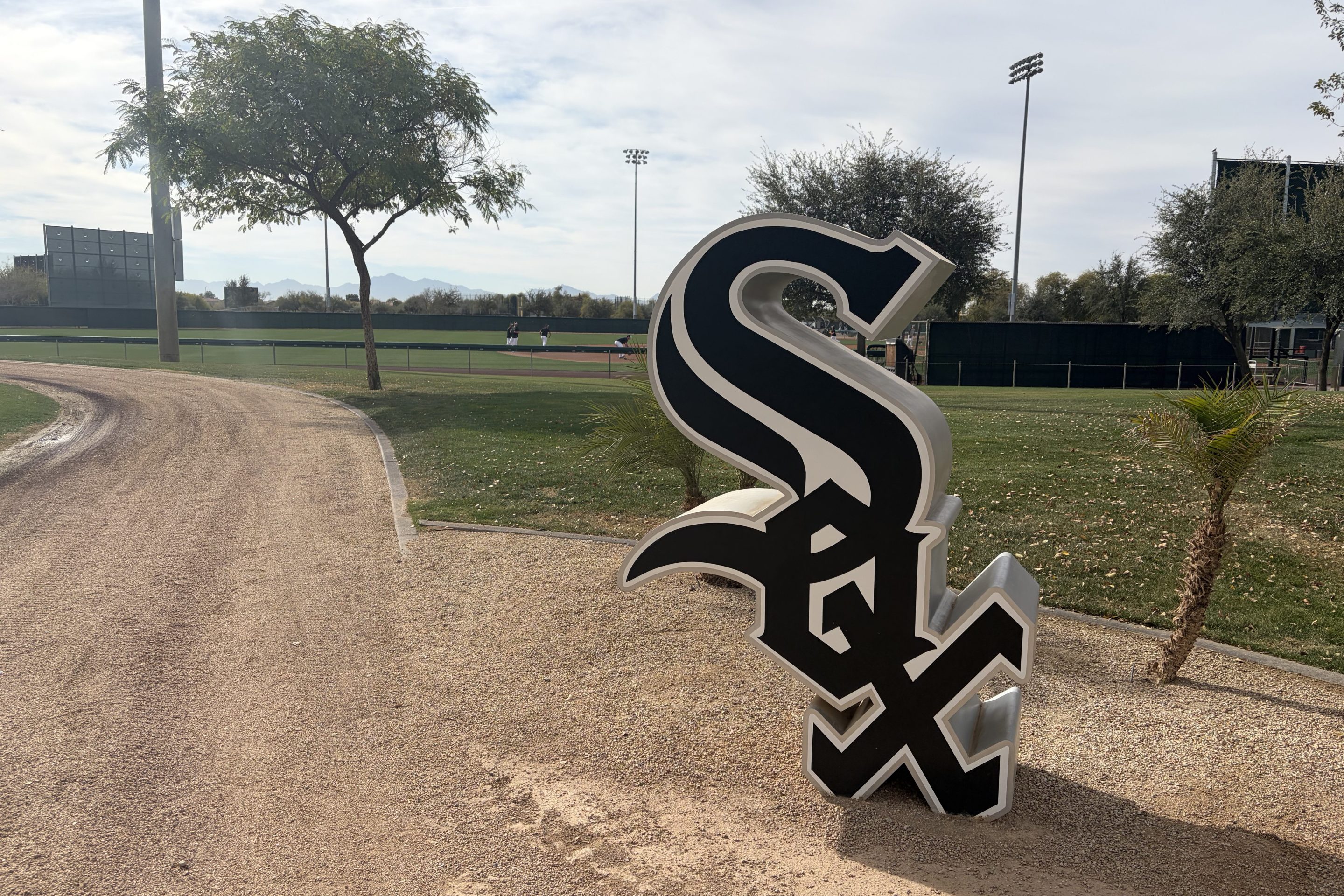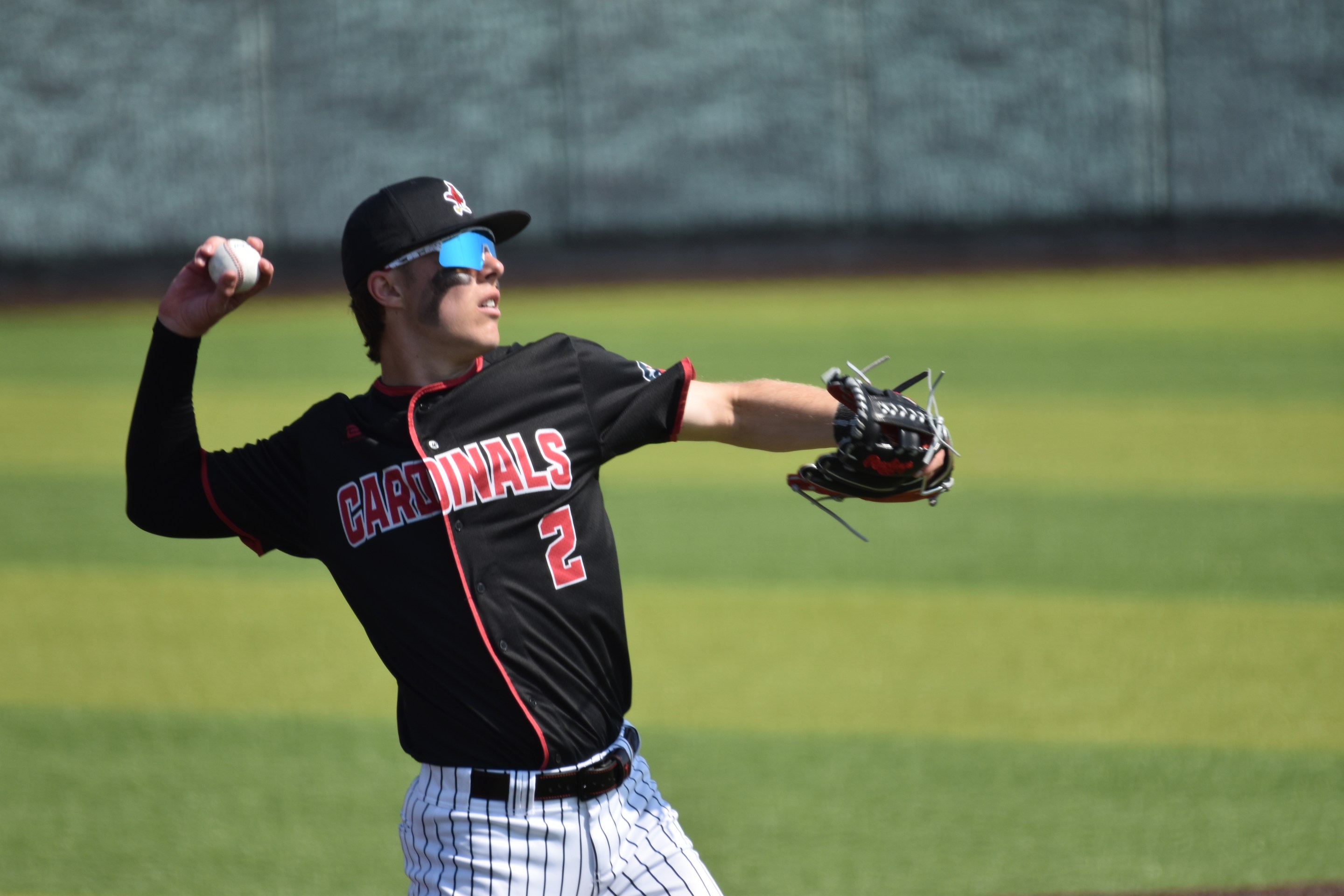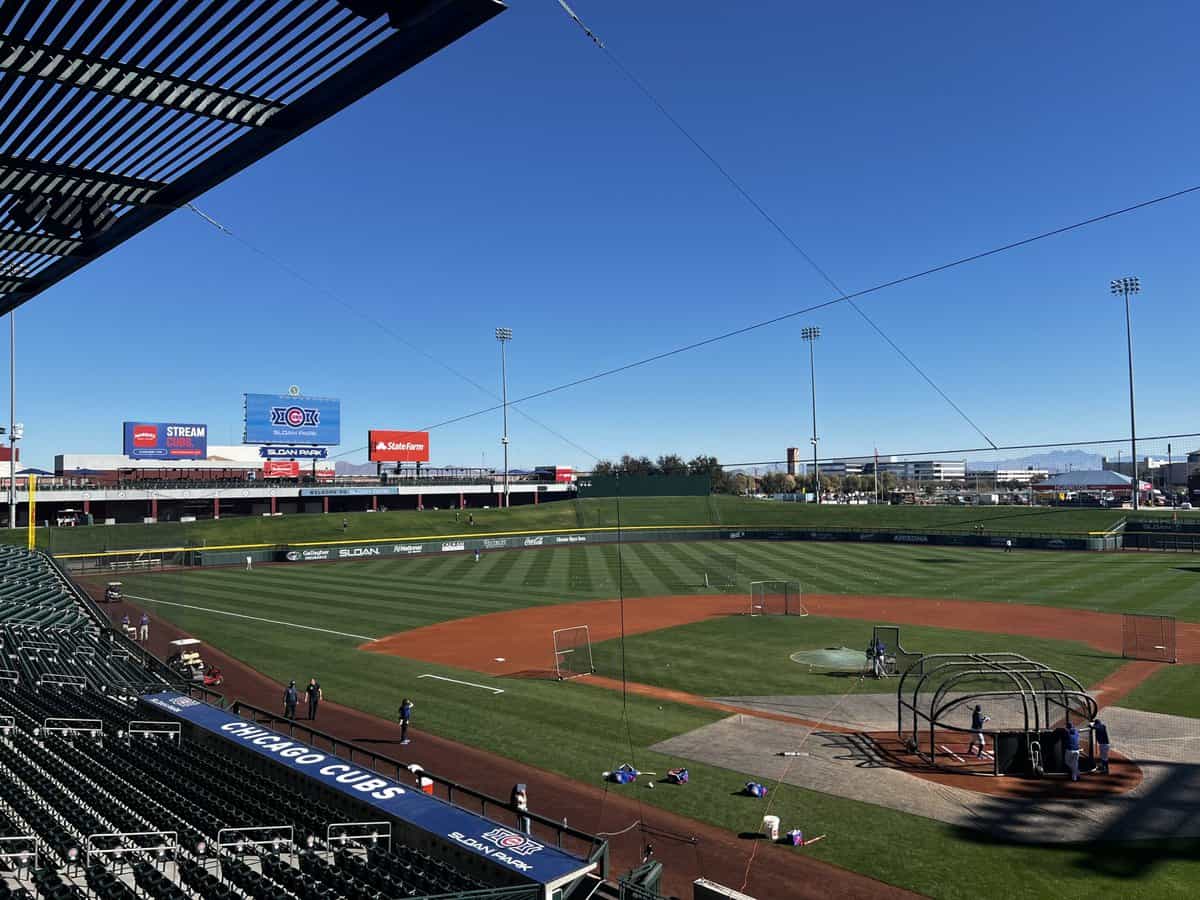Between the kid, the redesign, the server shift and the lockout, I haven't done a P.O. Sox this year, so let's rectify that today.
This feature is usually behind the paywall, but we'll open it up so everybody can get an idea of what this is like. The questions come from the fine folks who support us on Patreon, and you can join them here if you haven't already.
What are your thoughts on Oscar Colas? Do you think the Sox see him playing right field in Chicago at some point this season?
-- Orajestad9
Does a healthy Adam Engel solve right field this season? Is that a plan A or a plan E?
-- Andrew Segall
I think these two questions are kinda related, in that if the White Sox have a strong hunch that Colas' presence might allow them to cut a corner in right field at some point during the 2022 season, then they might use Engel to try to cover for that corner initially, rather than invest in a Michael Conforto or whatnot.
I don't think you'd hear the White Sox articulate that, just because there are so many variables that might affect the smoothness of Colas' assimilation into stateside ball, like:
- Will there be visa issues?
- Will there be a standard spring training, or will the lockout interrupt the preparation of off-roster players?
- How much rust has accumulated?
If Colás ends up following a similar course to Yoelqui Céspedes, in that it takes him until late June before he firmly resembles a real prospect, he should be allowed that kind of leeway. But given that Colás and Marco Paddy talked about the experience he gained before the pandemic in adjusting to professional baseball system in Japan, I think Colás' immediate ceiling is higher.
Meanwhile, you have Engel, who has hit .270/.335/.488 over the past two years, good for a 4-WAR pace over the course of a standard season. Moreover, he's got a line of .286/.356/.541 against righties during that time.
The problem there, of course, is that Engel has only played 75 games over those two seasons, including a pitiful 39 of 162 and a truncated ALDS in 2021. Engel's inability to stay on the field is one of the factors that leads to two consecutive postseasons where Leury García is required to start in a corner, and I don't like flirting with that outcome for three in a row.
The White Sox started to make a move to address that recurring issue, firing Allen Thomas in an ostensible shift in their strength and conditioning. It kinda reminds me of the way Carlos Rodón's return had a wider spectrum of outcomes because they fired Don Cooper. The White Sox haven't been great about changing even one variable over the years, so it shouldn't go unnoticed when they make the effort.
Alas, the White Sox haven't announced Thomas' replacement, and even if they did, he'd be prohibited from directly working with Engel due to the lockout. Were there no labor stoppage, we might be hearing Best Shape of His Life stories during the White Sox hitters minicamp and/or a form of SoxFest.
I can imagine an outcome where Engel looks like a perfectly adequate starting outfielder, especially when working alongside Luis Robert and Eloy Jiménez on a regular basis. But until we feel confident in his physical state -- and anybody's physical state, for that matter -- I'd much rather have him as the fourth outfielder, providing immediate insurance for an injury. The White Sox have too much at stake, and should they amass more outfielders than spots, that's what trades are for.
If the season is shorter than 162 games what’s the optimal start date for the Sox in terms of getting in as many games against the dregs and avoiding the powerhouses?
-- Mark Hope
There are two ways to look at this. We just saw in the 60-game season that the smaller the sample, the less confidence we should have in the projected standings holding up. Theoretically, you'd want the White Sox to play the longest possible season with the thought that their superior team quality would win out over some hot streaks by the other Central teams.
Then again, the COVID-shortened season ended with two best teams meeting in the World Series, and the Dodgers finally winning one. When the season shifted back to 162 in 2021, Target Field was revealed to be a Potemkin village by April, and the Twins wouldn't have been able to right themselves after 15 months, much less five. So who knows.
Based on what we saw play out over the course of the two extremes, my guess is that you'd want season long enough that one month doesn't decide it, but short enough to where it doesn't feel like the team peaked in July, especially if they're as thin in high-minors depth as they appear. I'm thinking 120 games would be enough to allow the schedule-makers to keep the imbalanced schedule while giving the Sox ample chance to hit their stride.
Do you ever see the Players Association looking out for the bottom of whom they are supposed to represent, the 40-man roster players not in MLB? As you can have 3 option seasons, I think a fractional service time and minimum of 1/3 the major league service time would suffice. IE if Major league minimum is $600k and you are on the 40-man but in the minors the full year, you will get $200k and 0.33 years service time.
-- Wayne
That's eminently fair from the players' side, but based on what we've seen so far this winter, it seems like owners would strenuously object since it accelerates a players' path toward free agency, while causing the cost of a 40-man roster to rise significantly.
And while that's what the players would love to see -- and it might benefit the most vulnerable members of the union -- it might not be the most beneficial to drive the hardest bargain for a type of player that constitutes a third of the union's membership over the course of a given season. A utilitarian approach would suggest the union would be better off emphasizing a higher minimum wage for players on the 26-man roster, because the players who open the season off the 40-man roster would still benefit from their partial-season appearances.
It seems more front offices are full of Rick Hahn types (lawyers/non players) instead of Kenny Williams types (former players). 1) is this perceived change real? 2) has this change, if real, lead to the issues being brought up in the current cba negotiations (i.e. service time manipulation, minimum wage, super 2 etc.)?.
Tim
Yeah, it's been that way for more than a decade, although it's interesting that a certain type of former player is making its way back into the ranks. In the past year, Sam Fuld, Chris Young and Brandon Gomes have joined Jerry Dipoto as GMs who have actually played the game. It's still not what it once was, as Young is an Ivy Leaguer (Princeton), and Dipoto is the only one who holds the top decision-maker job for his team.
There's definitely been more of an analytical, economist-like attitude toward team-building and resource allocation than before, and everybody is a lot more conversant in casual baseball arbitrage. Ten years ago, we at South Side Sox got called conspiracy theorists by one of the team's beat writers for suggesting that the White Sox were delaying Dayan Viciedo's call-up to secure an extra year of team control. Now that seventh year is front-and-center in every discussion about timing prospect promotions, and fans are often on the front office's side, especially since there are enough tanking successes (Astros, Cubs, Braves) to offset the ones that haven't been worth it (Phillies, Marlins). Under these conditions, Rick Hahn can go seven seasons without an over-.500 record and somehow come out with his reputation enhanced.
But I think the bigger issue is that teams can turn a profit before a fan even enters the ballpark. Between regional TV deals, national TV deals, casino deals, ballpark-adjacent real estate and the ever-increasing value of ownership, clubs are making money before a fan even enters a ballpark, which makes it easy for them to say that money shouldn't be spent until it's the optimal point (and even then, not a dollar more). If generating interest were more of a pressing need in and of itself, teams wouldn't have a much shorter runway for getting everything in order before big splashes had to be considered.
As it stands, every decision can be viewed fiscal-first, which isn't as fun as the days that ex-players GMs would treat trades like arm-wrestling matches, in that they were more frequent and inspired when drunk. The problem is that everybody wants to watch those challenges happen, but nobody wants to be the one involved. As a result, they've dried up. A pity.

